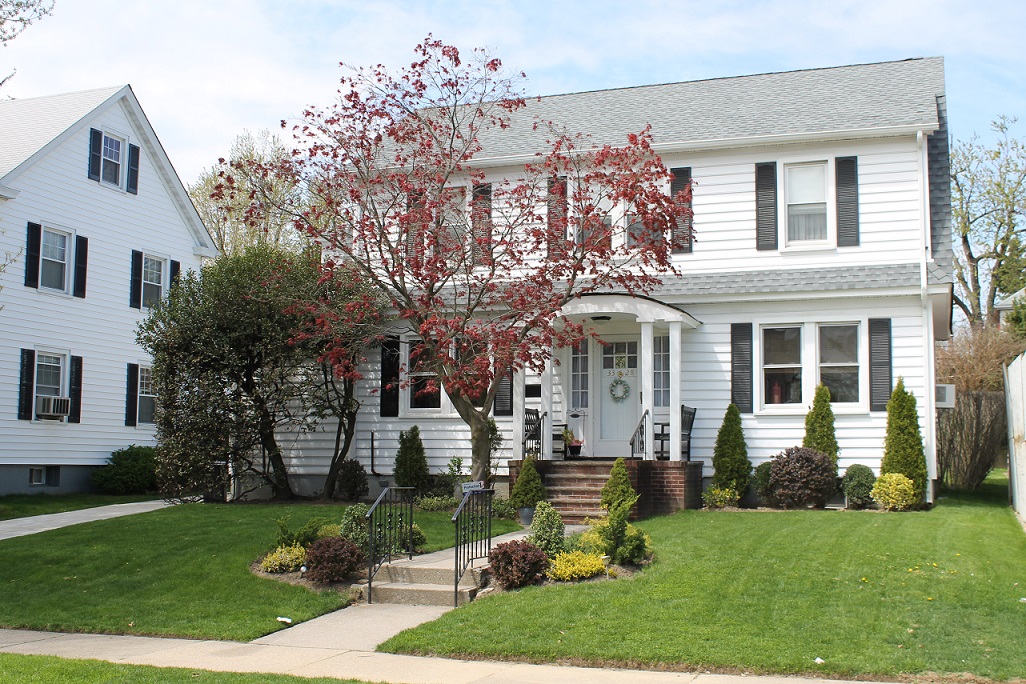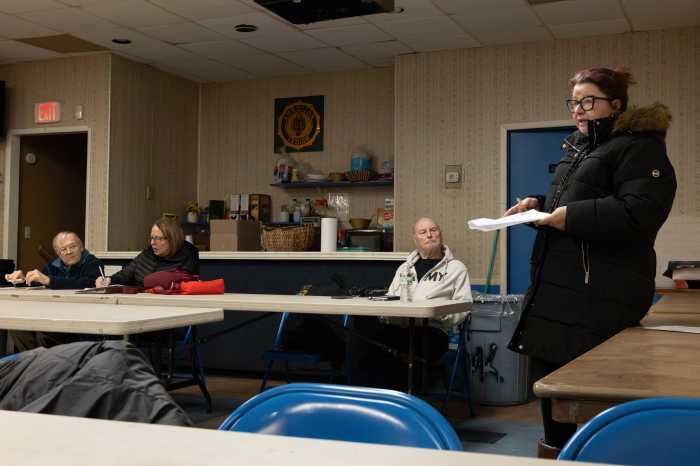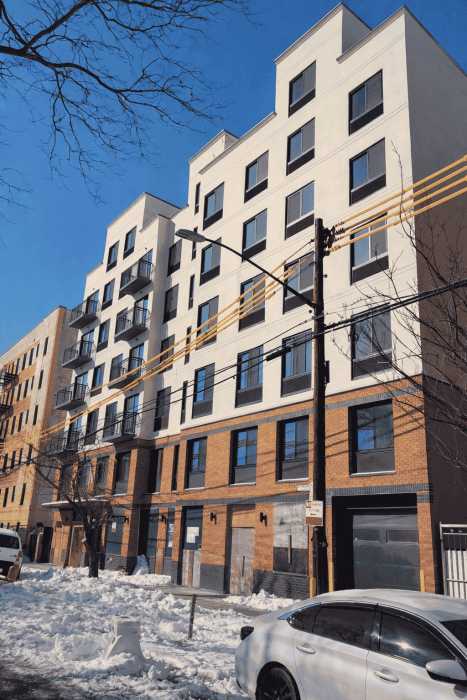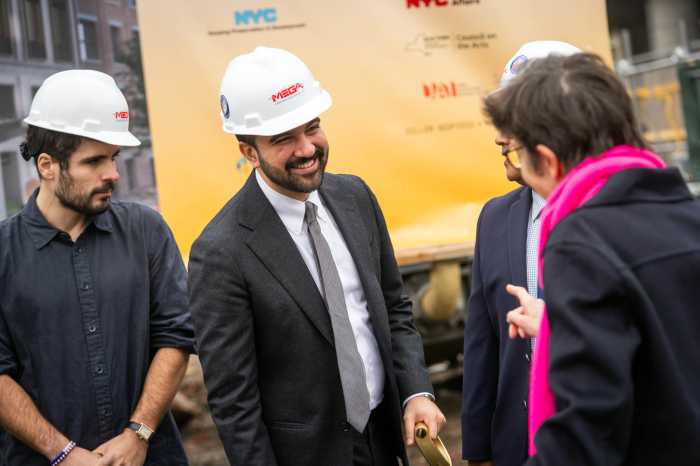Properties with restrictive deed covenants can now be added to a registry with the city Department of Finance, thanks to legislation from northeast Queens Councilman Paul Vallone.
A restrictive covenant is a binding legal obligation embedded into the deed of a property by the seller that can levy penalties against buyers who fail to obey them.
There are at least two neighborhoods in Vallone’s district — the Broadway-Flushing area east of downtown Flushing and Douglas Manor located between Great Neck and Bayside — where many properties have restrictive covenants included in the deed. Both areas were developed by the Rickert-Finlay Realty Company of New York just after the turn of the 19th century.
According to the Douglaston and Little Neck Historical Society, restrictive covenants functioned as a method of controlling the extent of development that was allowed before the institution of modern zoning laws.
Vallone said the measure will help protect the beautiful historic neighborhoods and that he will continue to work with homeowners to create additional layers of security against any overdevelopment.
“We took the community’s long standing battle to City Hall and delivered exactly what we said we would,” Councilman Paul Vallone said.
Inclusion in the registry is not mandatory, according to a source in Vallone’s office.
Vallone is also in the process of trying to work with the Department of Buildings to set up a similar registry in that agency.
Broadway-Flushing Homeowners’ Association President Robert J. Hanophy Jr. called the announcement a positive step for future construction and renovation projects in neighborhoods like Broadway-Flushing.
“The Broadway-Flushing Homeowners’ Association gratefully acknowledges the efforts by Council member Paul Vallone to enable the city of New York to acknowledge the existence and validity of restrictive covenants,” Hanophy said, adding that the civic group will continue to strive toward a coordinated effort between the Department of Buildings and the Department of Finance.
































